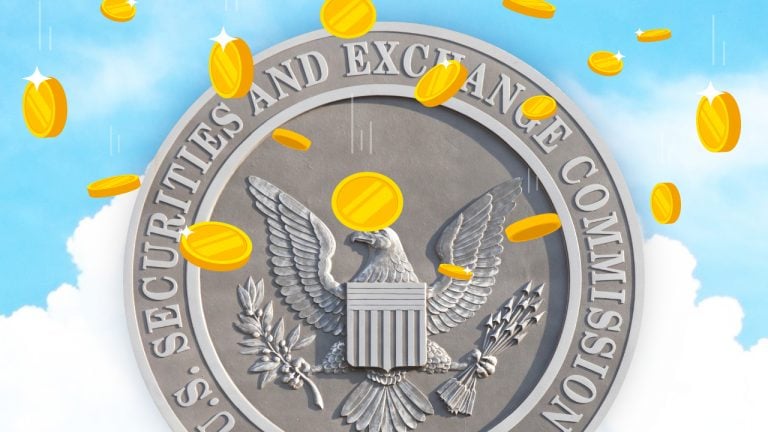
The firm uses the Ethereum blockchain to allow traders to invest as little as $150 in expensive real estate properties.
The Securities Exchange and Commission of Thailand (SEC) has a license to an asset-backed token offering service based on the Ethereum blockchain.
Fraction, a wholly-owned subsidiary of the Hong Kong-based fintech firm Fraction Group, has received a license allowing it to list and trade tokens for fractional ownership of physical or digital assets, the firm announced Sept. 16.
The license was granted through the Thai SEC’s official portal for initial coin offering (ICO) established back in 2018. The license lays out the foundation for Fraction’s upcoming service for asset digitization and fractionalization, referred to as an initial fraction offering (ICO).
The firm expects to list the first IFOs for subscriptions in Q1 2022, focusing on tokens for properties in collaboration with local real estate firms. According to the announcement, Fraction is exploring an IFO with an aggregate value of more than $460 million.
“Now you can legally own a part of this villa — maybe 1% of it — rather than having to fork out $5 million to buy the whole thing,” Fraction co-founder and CEO Eka Nirapathpongporn said. The minimum amount to participate in an IFO would be around $150, he added.
Fraction co-founder and chief technology officer Shaun Sales said, “While many have been talking about it or trying to do it, our platform is completed, already up and running, and ready to list public assets.”
Related: Blockchain-based platform for fractional property ownership launches in India
The industry of tokenized property has remained relatively niche due to the technology’s nascent status and regulatory uncertainty about such offerings. According to estimations by British accountancy network Moore Global, the tokenized real estate market could hit $1.4 trillion in the next five years if just 0.5% of the total global property market were to be tokenized.










